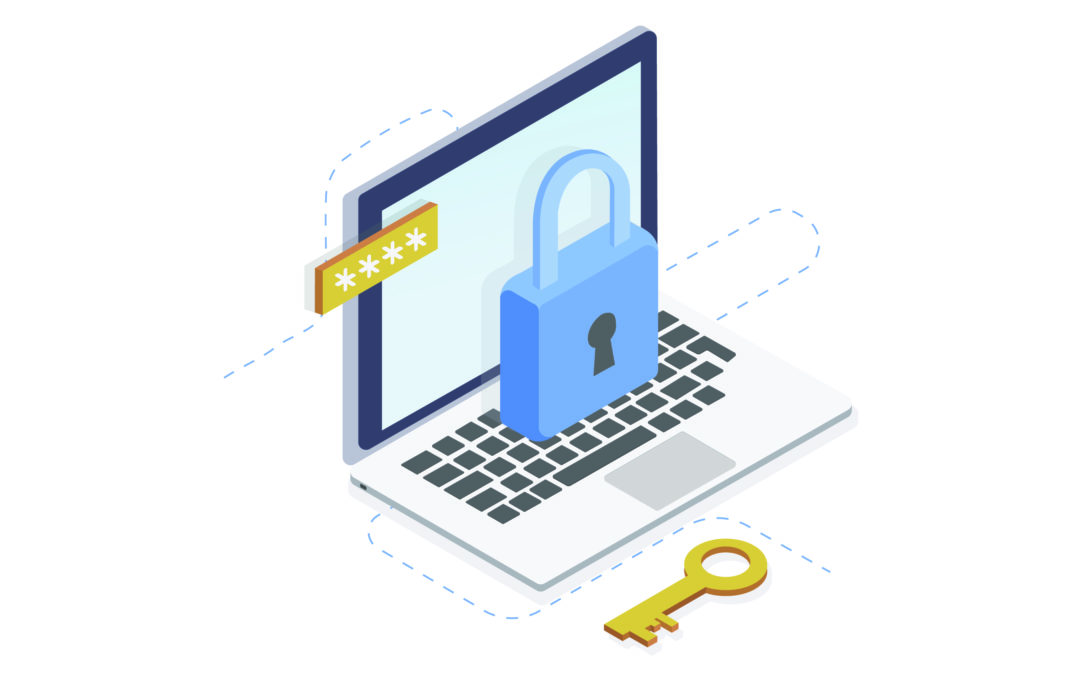We know VPNs are a hot topic for schools and while there can be legitimate needs for them, they can be used as a network workaround.
You’ve heard the acronym but what does it mean?
VPN stands for virtual private network, basically it means a user can send and receive data as if they were on a private connection.
What do they allow students to do?
Students can easily download VPNs to their phones or devices, allowing them to bypass filtering and access social media or other content their school has decided is not appropriate or helpful for learning. When effective, they also bypass all the security in place to keep students safe while browsing the internet.
Most schools ask students to sign internet use policies when they first start at a school or at the beginning of a school year, agreeing to responsible use of the internet while at school. If you don’t have one at your school, examples of these policies can be found on Netsafe’s website.
Your N4L connection is designed to help support these types of policies.
The aim of our game is to help prevent students bypassing your web filtering settings using VPNs. This is an ongoing challenge as new VPNs appear all the time.
How N4L helps
One of the things we can do is actively block the VPNs we are aware of. We subscribe to a number of different services that look for new and existing VPNs.
The software built into your N4L firewall is very good at stopping these attempts and is updated with new information relating to VPNs on an ongoing basis. It is, however, possible for some VPNs to go undetected between updates.
It’s a bit like cat and mouse because new tools are constantly appearing, and their developers are making it harder for web filtering systems to identify them.
So what can schools do?
Technology is only part of the solution. It’s really about education and reminding students they are expected to follow the school’s internet use policy and be responsible digital citizens. Netsafe’s kit for schools provides support materials to help schools develop their online safety practices.
Of course students can choose to go around these policies by using their mobile data or trying a VPN.
N4L’s firewall technology can make it harder for students to use VPNs. This, combined with frequent reminders of the schools expectations around safe and responsible internet use can go a long way.
Working together
If you have discovered a VPN doing the rounds in your school, let us know. Give us a call on 0800 LEARNING or email [email protected].
From the N4L archives
Worried about students bypassing your school’s web filtering?

